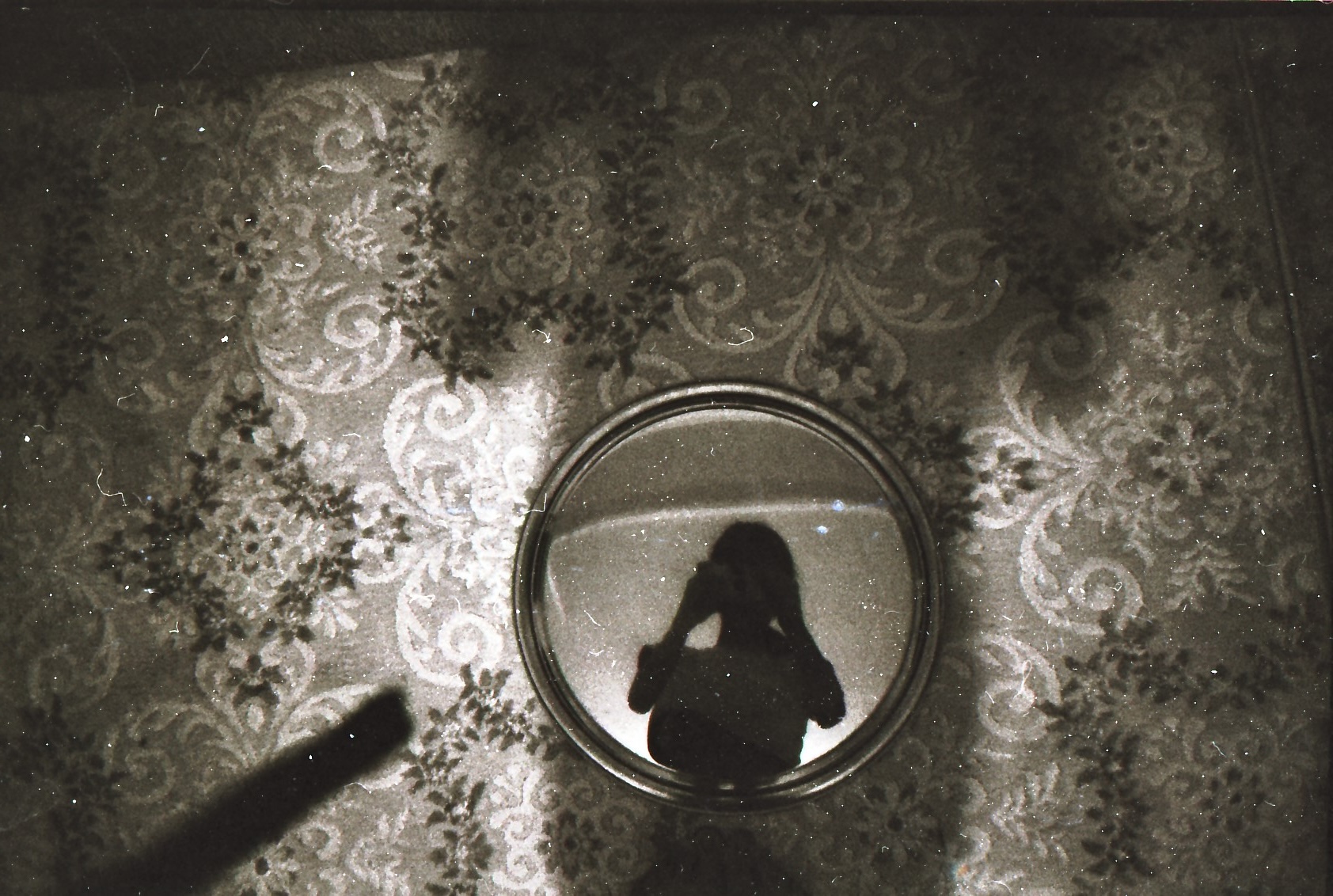All images courtesy of Fotohane Darkroom
Following on from their last venture, founders Serbest Salih and Amar Kılıç tell BJP about why they use photography with displaced children
Fotohane Darkroom highlights the intersection of analogue photography and storytelling in the lives of children. It champions a localised approach that not only instructs participants in the technical intricacies of photography but also immerses them in the holistic process – from capturing images that resonate with personal narratives to developing them in a traditional darkroom environment. This hands-on methodology not only imparts technical skills but also fosters a deeper emotional connection to the art form.
Central to Fotohane’s mission is its geographical focus on communities spanning Iraq, Syria, and Kurdish regions. Founder Serbest Salih passionately advocates for this focus, underscoring how photography serves as a transformative medium for children grappling with displacement and conflict. By encouraging them to explore their surroundings through a camera lens, the initiative cultivates curiosity and empowers them to perceive the world through a unique perspective. This process of self-discovery not only enhances their creative aptitude but also instils confidence in their ability to contribute meaningfully to their communities.
Looking forward, Fotohane Darkroom harbours ambitious plans for expansion and sustainability. Salih and his team are actively exploring avenues to extend their reach into remote villages and refugee camps, facilitated by the introduction of a mobile darkroom. This innovation aims to democratise access to photography education, ensuring that more children can benefit from the therapeutic and empowering aspects of analog photography. Here, Serbest Salih and Amar Kılıç tell BJP about the pathways to healing and empowerment, one frame at a time.
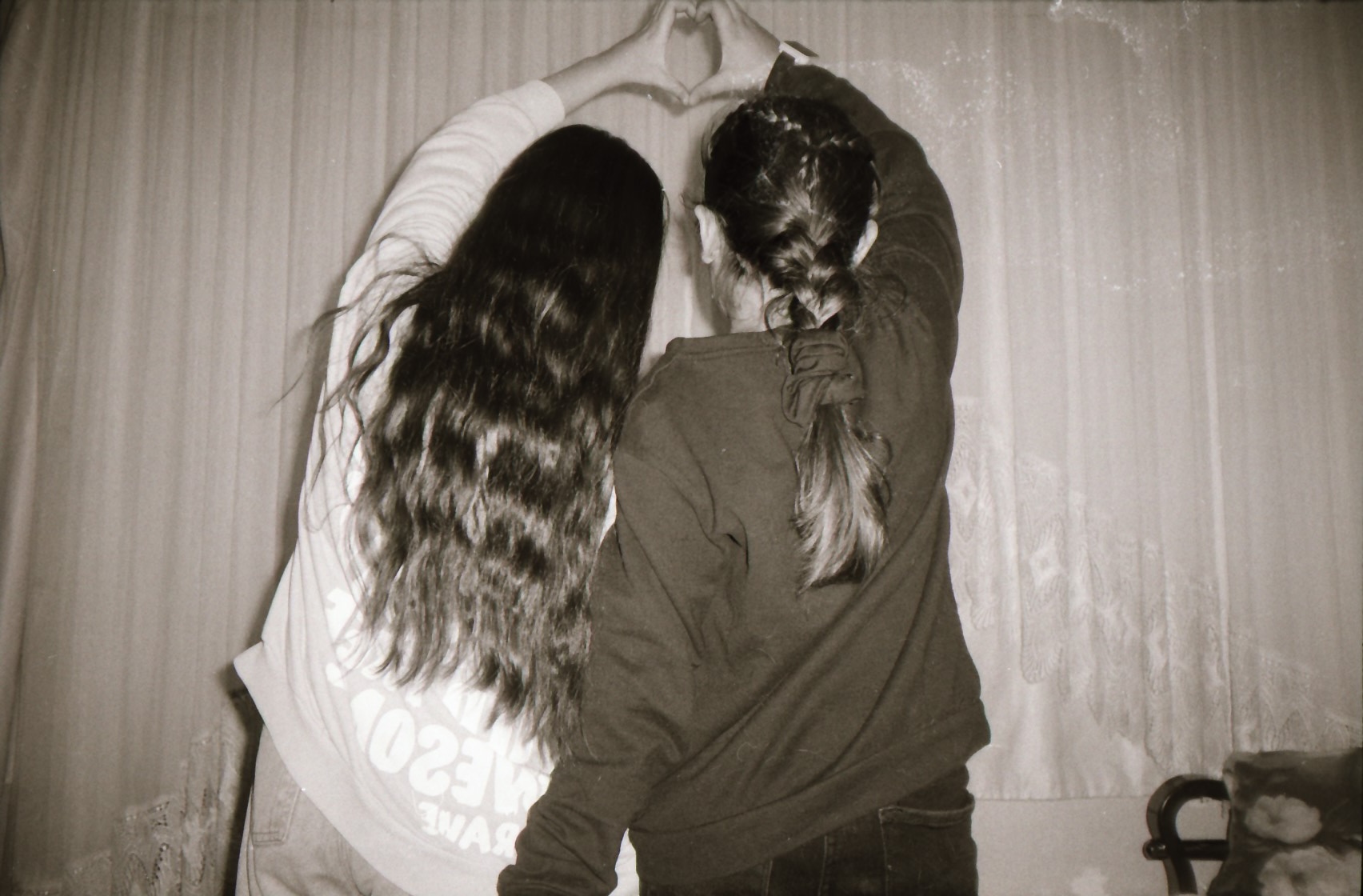
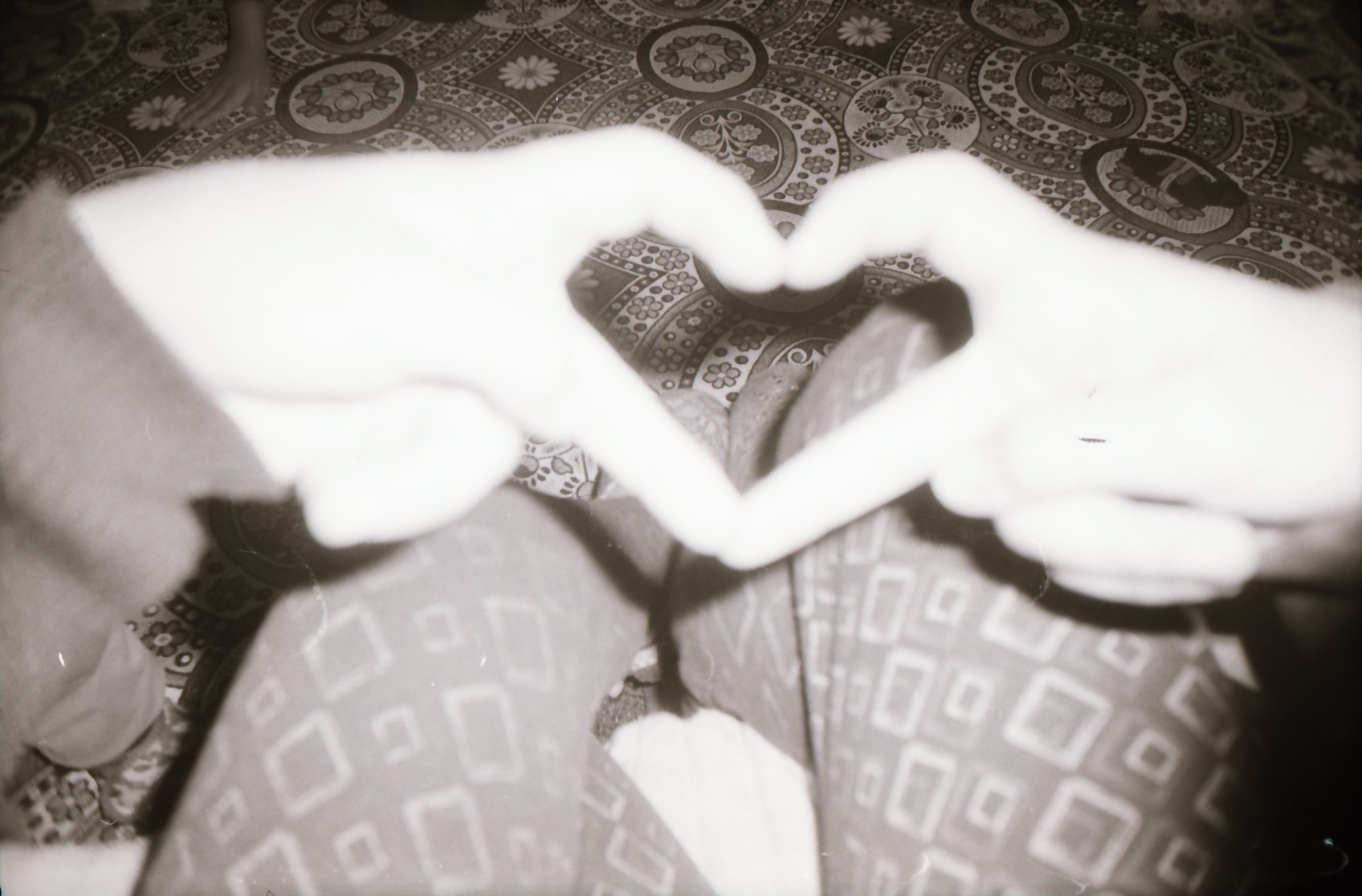
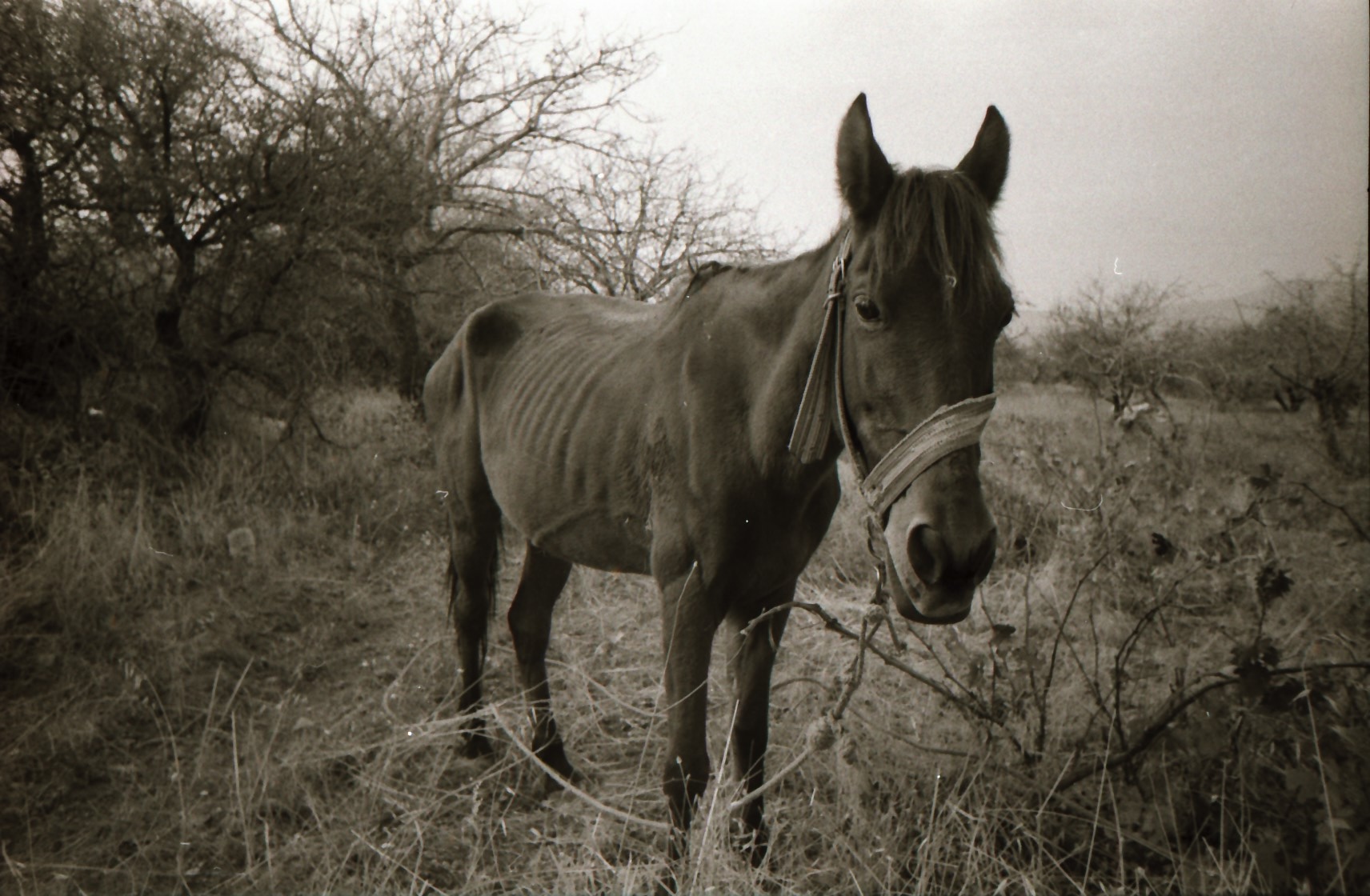
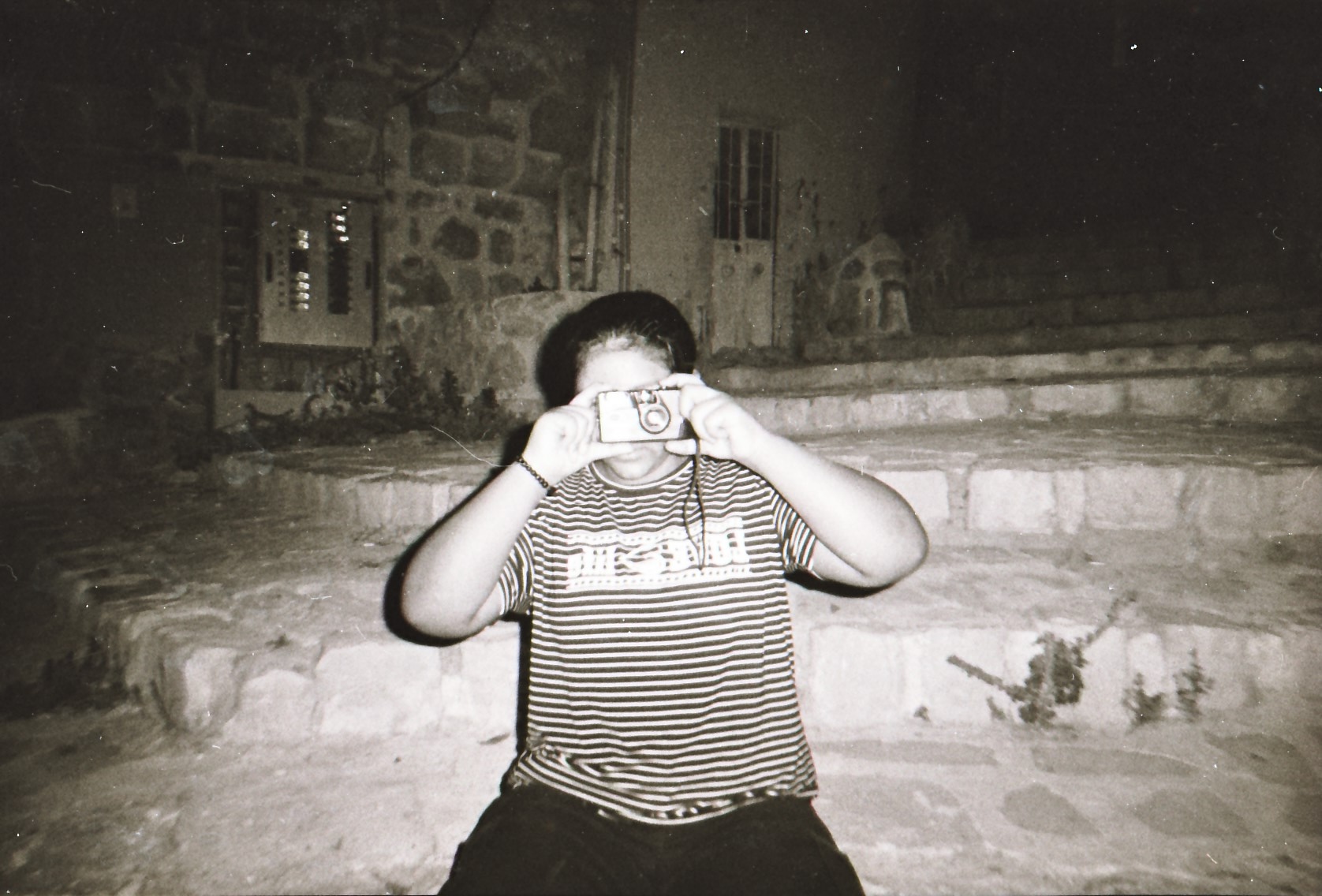
“I am committed to this work because I’ve seen how photography can be a transformative medium for children, especially in communities that have experienced displacement and conflict.”
Dalia Al-Dujaili: How is Fotohane Darkroom different from your previous initiative, and why are you committed to continuing this work with the kids?
Serbest Salih: Fotohane Darkroom stands apart as a fresh and independent initiative designed specifically to focus on the powerful connection between analog photography and storytelling in the lives of children. While the core idea of using photography as a tool for emotional expression remains central, Fotohane emphasises a more localised and immersive approach. We are now concentrating on creating a space where the children can not only learn the technical aspects of photography but also explore the full process – from capturing images to developing them in a darkroom, all with hands-on experience.
This project also serves a broader geographical area, focusing on children from Iraq, Syria, and Kurdish regions. I am committed to this work because I’ve seen how photography can be a transformative medium for children, especially in communities that have experienced displacement and conflict. The impact it has on their ability to express their emotions, tell their stories, and gain a sense of control over their narrative is invaluable.
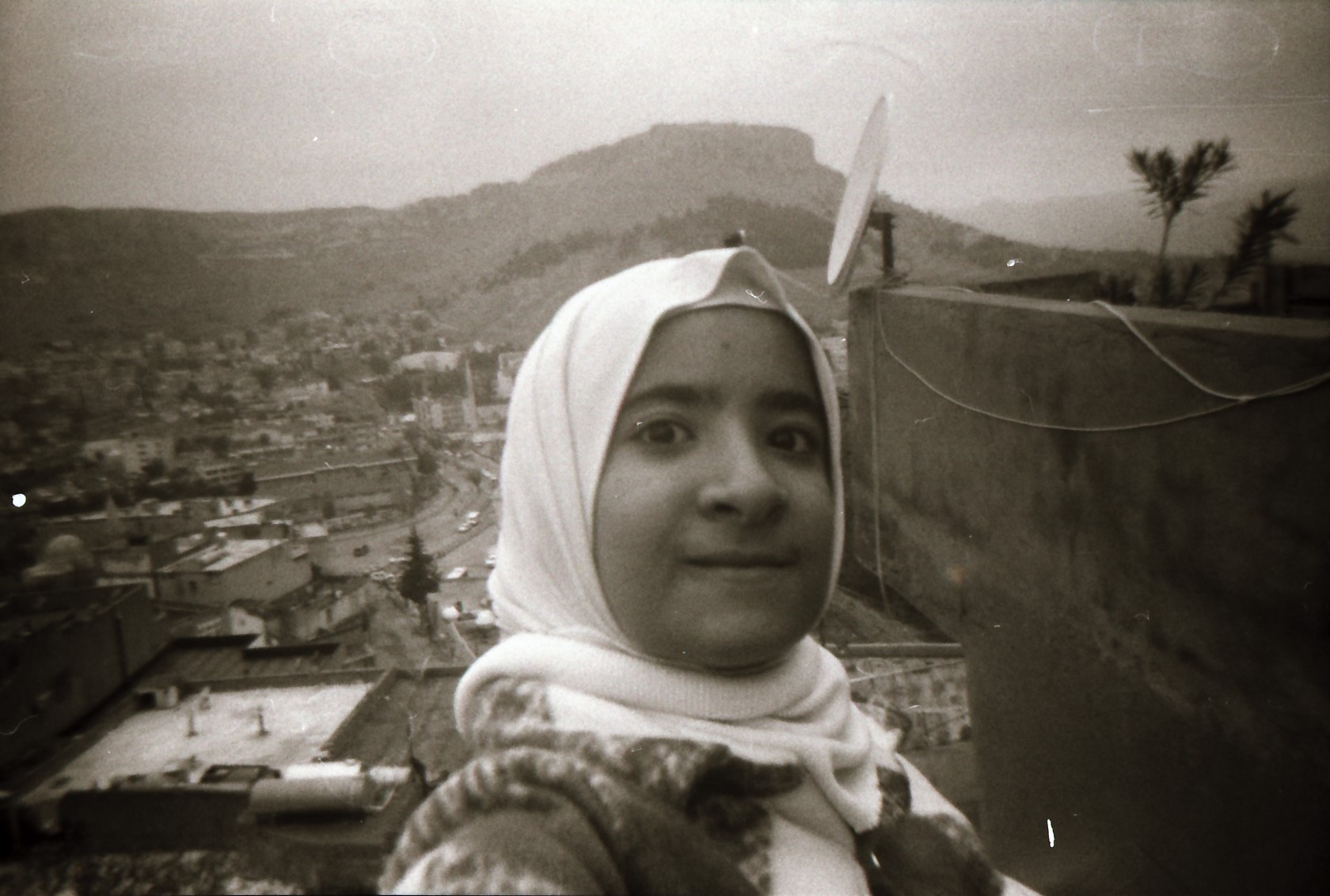
DA: What effects do photography and the project have on the children?
SS: One example that sticks with me is from a boy who photographed an old, abandoned building in his village. He said that it reminded him of how life used to be before displacement, and that photography allowed him to preserve that memory. This is just one of many instances where I’ve seen photography help these children reflect on their past and present in meaningful ways.
The project has given many of the children a way to express thoughts and feelings they might struggle to put into words. Photography allows them to see the world differently, often with curiosity and a new perspective. It helps build their confidence, not just in artistic skills but also in themselves as individuals with unique stories worth sharing. The cameras become tools of self-expression, but more importantly, they help foster a sense of identity and agency.
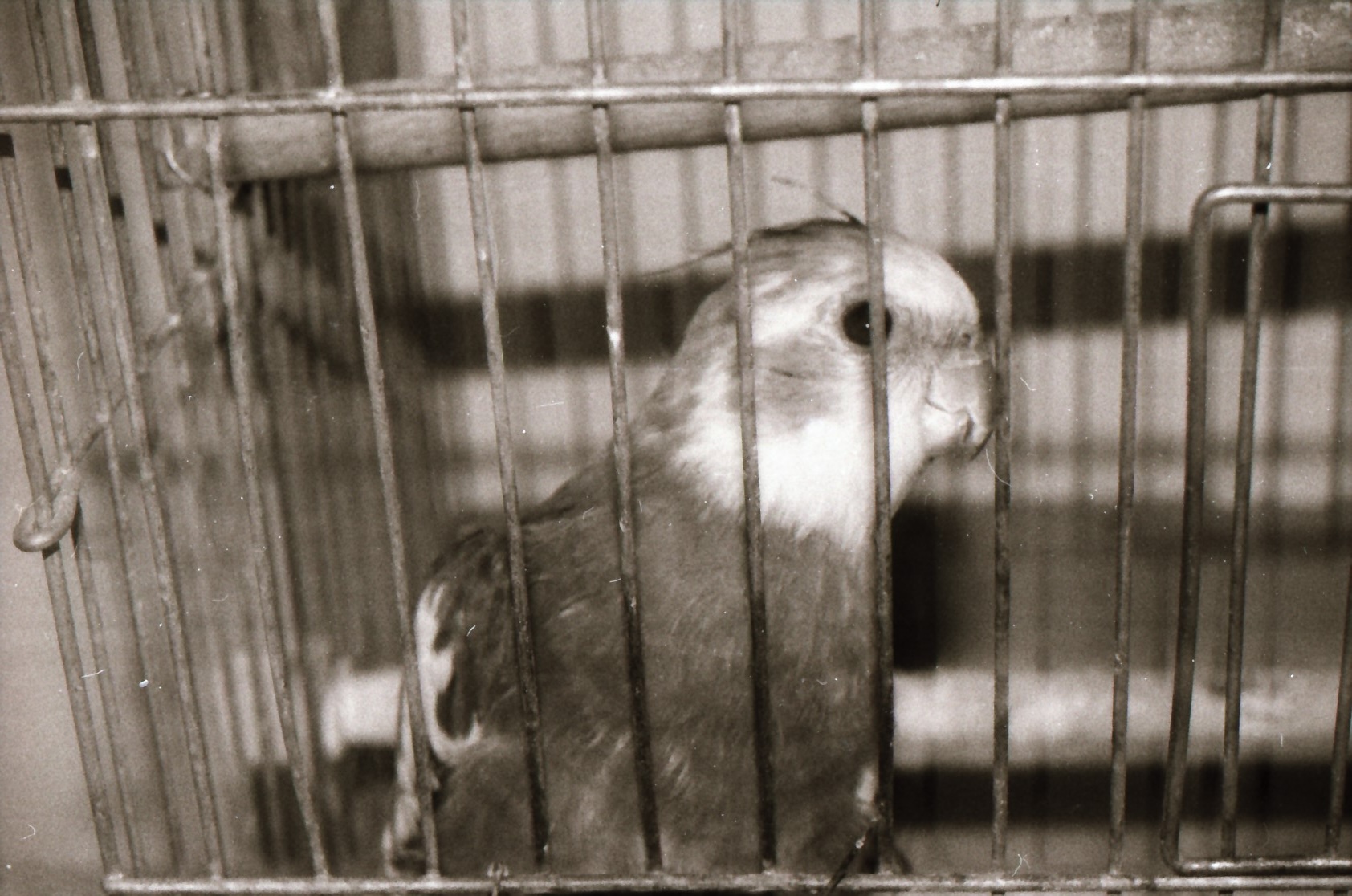
DA: Why are you focusing on the Iraq-Syria-Kurdish border region? What is it like working with displaced children?
Amar Kılıç: The Iraq-Syria-Kurdish region is deeply significant due to the high levels of displacement and conflict it has endured. We chose to focus here because the children in these areas often lack access to creative opportunities, yet they have a profound need to express themselves. Photography, particularly analogue, offers a universal form of communication that bridges language barriers, cultural differences, and trauma in ways other forms of expression may not.
Working with displaced children is a complex and delicate experience. These children often arrive feeling isolated or burdened by their experiences. However, through photography, they find a safe space to explore their emotions and thoughts. It’s not just about learning a skill – it’s about creating a sense of belonging and giving them the ability to tell their stories. Seeing them gain confidence in both their creative abilities and personal voice is the most rewarding aspect of the work.
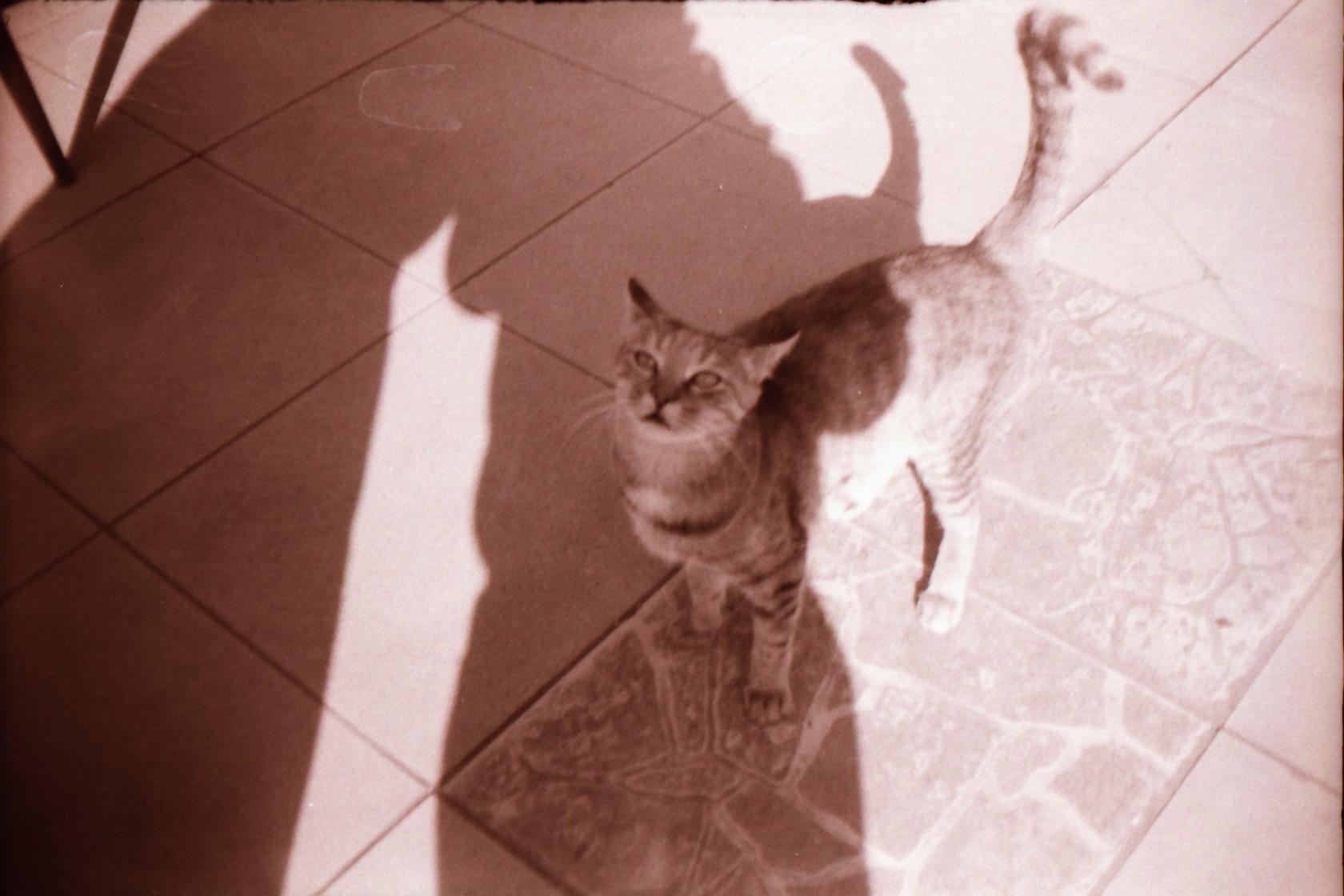
DA: Finally, what are your next steps with Fotohane? What are you working on and how do you hope it will grow?
AK: We are working on expanding Fotohane Darkroom’s reach into more rural and hard-to-reach areas. One of our immediate goals is to set up a mobile darkroom so that we can bring the full analogue photography experience to children who live in remote villages and camps. This will allow us to ensure that more children have access to both the creative and technical aspects of the art form.
Looking ahead, we aim to foster a self-sustaining model by training older participants to become facilitators within the project. This will ensure the longevity of Fotohane Darkroom and provide leadership opportunities for young adults within the community. We are also exploring partnerships with international photographers and institutions to exhibit the children’s work globally, sharing their perspectives with the world.

